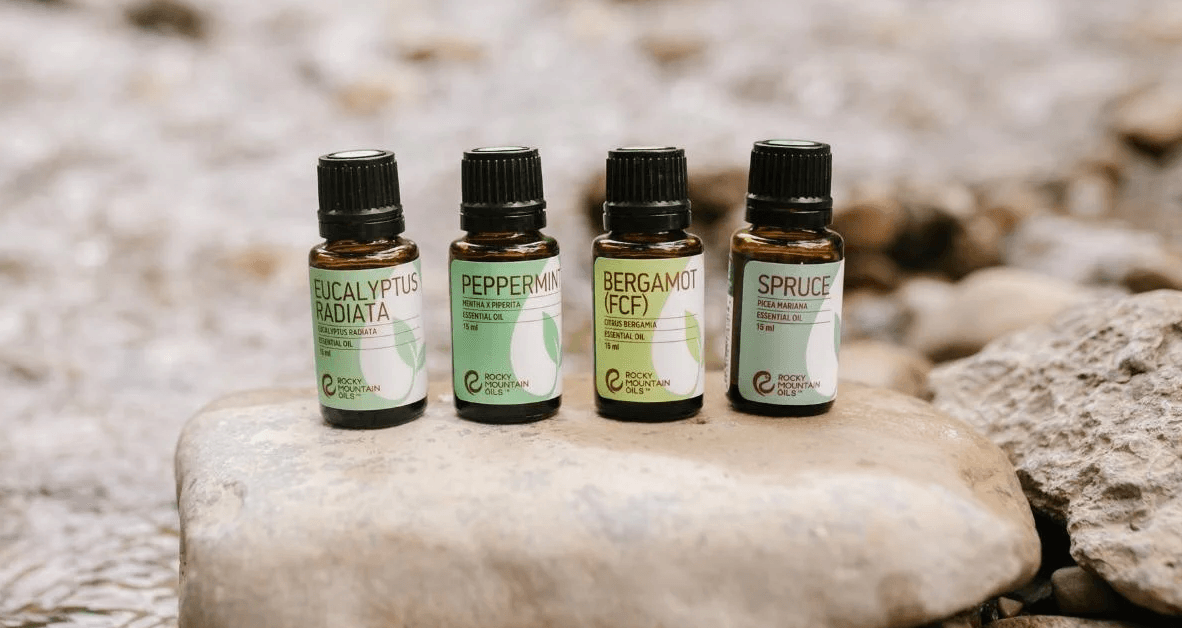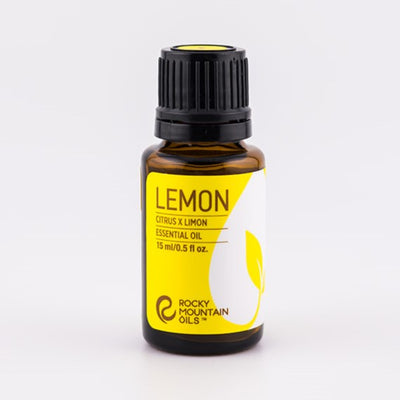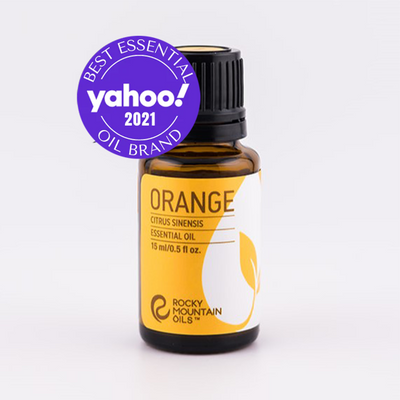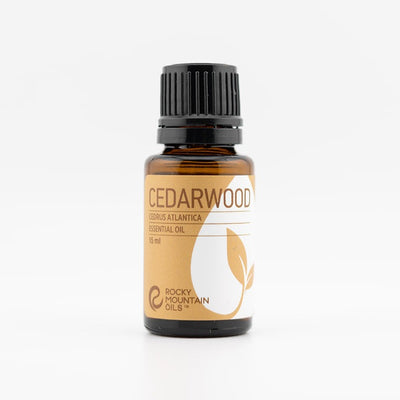What Essential Oils Do Ants Hate? Exploring Their Repellent Properties
Introduction: Nature's Defense Against Ants
Ants, the tiny architects of the insect world, are known for their unwavering dedication to their colony. However, when their search for resources leads them into our homes, it can result in a full-blown invasion that's neither wanted nor appreciated. The answer to this dilemma may lie in nature itself – essential oils. Derived from plants, these oils hold potent properties that are friendly to the environment and offensive to ants.

Essential Oils: A Safe Alternative to Chemicals
Using essential oils as a natural deterrent presents an eco-conscious alternative to harsh chemical repellents. Their aromatic molecules are often pleasant to humans yet create an invisible barrier that ants are inclined to avoid. This segment will explore the advantages of using essential oils over traditional ant-control methods, highlighting safety and sustainability.
Unveiling Essential Oils That Ants Despise
Citrus Bliss: Orange and Lemon Essential Oils
The zestful fragrance of citrus oils like orange and lemon is refreshing for us but a turn-off for ants. These oils contain compounds that disrupt the ants' scent trails and communication, effectively disorienting them.
Peppermint Perimeter: A Minty Barrier
A refreshing aroma that invigorates the human senses, peppermint oil has a chilling effect on ants.
The Eucalyptus Effect
Another warrior in the fight against ants is eucalyptus oil. With its robust and camphor-like smell, it serves as a natural antiseptic and repellent.
Essential Oil Recipes for Ant Control
DIY Essential Oil Mixtures for Ant Prevention
This section will provide recipes for creating your ant repellent using a combination of essential oils known for their ant-repelling properties.
Recipe 1: Ant Repellent Spray
Ingredients:
- 1/2 cup of water
- 1/4 cup of white vinegar
- 15-20 drops of peppermint essential oil
- 5-10 drops of tea tree essential oil
Instructions:
- In a spray bottle, combine the water and white vinegar.
- Add the peppermint and tea tree essential oils to the mixture.
- Close the bottle and shake well to ensure the oils are thoroughly mixed.
- Spray this mixture in areas where you've noticed ant activity or along their entry points.
Recipe 2: Ant Repellent Sachets
Ingredients:
- Small muslin bags or pouches
- Dried mint leaves
- Dried lavender buds
- 5-10 drops of cinnamon essential oil
- 5-10 drops of lemon essential oil
Instructions:
- Fill each muslin bag with a handful of dried mint leaves and a small amount of dried lavender buds.
- Add 5-10 drops of cinnamon essential oil and 5-10 drops of lemon essential oil to each bag.
- Seal the bags tightly.
- Place these sachets in areas prone to ant infestations, such as kitchen cabinets, pantry shelves, or windowsills.
These natural ant-repellent solutions can help deter ants from entering your home while providing a pleasant scent. Remember to refresh or replace the sachets as needed to maintain their effectiveness.
Spray Away: Liquid Solutions
Here, readers will learn how to blend essential oils into sprays for easy application around entry points and areas where ants frequent.
To blend essential oils into sprays for convenient application around entry points and areas frequently visited by ants, follow these steps:
Ingredients:
- Distilled water
- Witch hazel or vodka (acts as an emulsifier)
- Ant-repellent essential oils (options include peppermint, citrus, cinnamon, or tea tree oils)
- A spray bottle
Instructions:
- Fill a spray bottle halfway with distilled water.
- Add an equal amount of witch hazel or vodka to the water. This helps disperse the essential oils evenly.
- Choose ant-repellent essential oils known for their effectiveness, such as peppermint, citrus, cinnamon, or tea tree oil. Start with 10-15 drops of essential oil in total for an 8-ounce spray bottle.
- Close the bottle and shake well to mix the ingredients thoroughly.
- Prior to use, perform a patch test on surfaces to ensure they won't be damaged or discolored by the spray.
- Apply the spray around entry points and areas where ants frequent, such as doorways, windowsills, and baseboards.
- Reapply the spray as needed, especially after cleaning or when ant activity is observed.
This homemade ant-repellent spray is both practical and easy to use, helping to keep ants at bay in your home.

Safety First: Essential Oils and Your Home
Proper Use and Precautions
To safely use essential oils in your home, dilute them with carrier oils, perform skin tests, and store them away from sunlight and heat. Additionally, be cautious around pets, consult professionals if needed, and follow specific usage instructions for each oil to enjoy its benefits while minimizing potential risks.
Essential Oils and Children: Ensuring Safety
To ensure the safety of essential oils when using them around children, it's crucial to consult a healthcare professional for guidance and age-appropriate recommendations. Dilute essential oils, select milder options and closely monitor for any adverse reactions to protect the well-being of your child.
What Essential Oils Do Ants Hate: The Ultimate Guide
Clove: The Underestimated Ant-Repellent
Clove oil, known for its strong scent, is a potent ant-repellent that can be used indoors and outdoors. To use it effectively, dilute a few drops in water and apply it to areas where ants are present or likely to enter.
The Power of Pine: An Unexpected Ant Deterrent
Pine oil, commonly associated with cleanliness, also acts as a potent ant deterrent by disrupting their communication through its compounds. To utilize its ant-repellent properties, create a diluted pine oil solution and spray it around entry points where ants may enter your home, providing a natural and effective barrier against these pests.
Crafting Your Ant-Repellent Regimen
To create an effective routine for ongoing protection against ants, mix diluted essential oils like peppermint, lemon, tea tree, or cinnamon with water and apply the solution to areas where ants are likely to enter or gather. Regularly repeat this process, seal food containers, and maintain cleanliness to deter ants naturally without resorting to harmful chemicals.

Essential Oil Blends That Ants Can't Stand
Creating Synergy: Combining Scents Against Ants
Creating synergy by combining scents can be an effective strategy against ants, as certain fragrances can disrupt their communication and foraging trails, making it harder for them to locate food sources. By blending these scents strategically, you can create a powerful natural deterrent to keep ants away from your home.
Seasonal Scents: Year-Round Ant Control
To control ants year-round, use peppermint oil in spring, lemon oil in summer, cinnamon oil in fall, and tea tree oil in winter, complemented by a year-round peppermint and lavender oil combination. These essential oils help deter ants with their strong scents, while maintaining a clean environment and sealing entry points are essential for effective ant control.
Pro Tips: Maximizing the Effects of Ant-Repellent Oils
Expert Advice on Application and Frequency
To maximize the effectiveness of essential oils, dilute them with a carrier oil, apply in the morning for energy-boosting or in the evening for relaxation, and consider specific applications like massage, inhalation, or skincare. Additionally, store them properly to maintain their potency and be cautious with skin-sensitizing oils, adjusting usage as needed.
Long-Term Strategies for Ant Control
To effectively use essential oils in long-term pest management, start by identifying and monitoring pest populations, select the appropriate essential oils, and apply them consistently while rotating between different oils to prevent resistance. Additionally, integrate essential oils with other IPM techniques, prioritize safety precautions, keep records of your efforts, and stay informed about the latest developments in essential oil-based pest control to maintain a sustainable and environmentally friendly approach.
What smells keep ants away?
Several scents can deter ants from entering your home, including peppermint, vinegar, cinnamon, lemon, and cloves. These strong-smelling substances disrupt the ants' scent trails and make your home less attractive to them. You can use these scents in the form of essential oils, diluted solutions, or sprinkled spices to create a barrier that discourages ants from venturing inside.
Which oil does not attract ants?
Peppermint oil is known for its ability to repel ants and is commonly used as a natural deterrent. The strong scent of peppermint disrupts the ants' communication and foraging trails, making it unattractive for them to enter an area where the oil is applied. Simply dilute peppermint oil with water and spray it in areas where you want to keep ants away to create an effective barrier.
What keeps ants away permanently?
Keeping ants away permanently involves a combination of preventive measures and ongoing maintenance. Some effective methods include maintaining a clean and dry environment to eliminate food sources, sealing any cracks or openings in your home's exterior, using ant baits or repellents strategically, and regularly inspecting and treating potential entry points.
It's important to note that while these steps can significantly reduce ant infestations, complete and permanent prevention may require ongoing vigilance and maintenance to ensure ants do not return.

What naturally drives ants away?
Several natural substances can help deter ants from your home or outdoor spaces. Common options include peppermint oil, vinegar, lemon juice, cinnamon, and coffee grounds. These natural scents and substances disrupt the ants' communication trails and can make your environment less appealing to them.
Additionally, maintaining a clean living space, sealing food containers tightly, and fixing any entry points can also help prevent ant infestations by removing their sources of attraction.
Frequently Asked Questions (FAQs)
Q1: Can essential oils eliminate an ant infestation?
Essential oils are excellent for repelling ants and can significantly reduce their presence in your home. However, they are more of a preventative measure rather than a complete extermination solution. For severe infestations, it's advisable to seek professional pest control services and use essential oils as a supplementary method to keep ants at bay.
Q2: How often should I reapply essential oil repellents?
The frequency of reapplication can depend on several factors, including the type of essential oil used and the application area. Generally, it's recommended to reapply the necessary oil solution every 1-2 weeks or more frequently if you notice ants returning.
Q3: Are there any essential oils that should be avoided around pets?
Yes, certain essential oils can be harmful to pets, especially cats and dogs. Oils such as tea tree, peppermint, citrus, and pine can be toxic if ingested or applied to their skin. Always consult a veterinarian before using essential oils if you have pets in your home.
Q4: How do I store homemade essential oil and repellents?
Homemade essential oil repellents should be stored in a cool, dark place in an airtight container, preferably made of glass, as essential oils can degrade some plastics over time. This helps to maintain their potency and effectiveness.
Q5: Will essential oils damage surfaces in my home?
Most essential oils should not damage home surfaces if used correctly. However, it's always a good practice to do a spot test on an inconspicuous area before applying any solution broadly, especially on delicate materials like hardwood, plastic, or painted surfaces.
Q6: Can I use essential oils in my garden to keep ants away from plants?
Yes, you can use diluted essential oil sprays in your garden. However, be cautious with the concentration and application to avoid harming the plants. It's best to test on a small part of the plant first and avoid using oils known to be phytotoxic.




